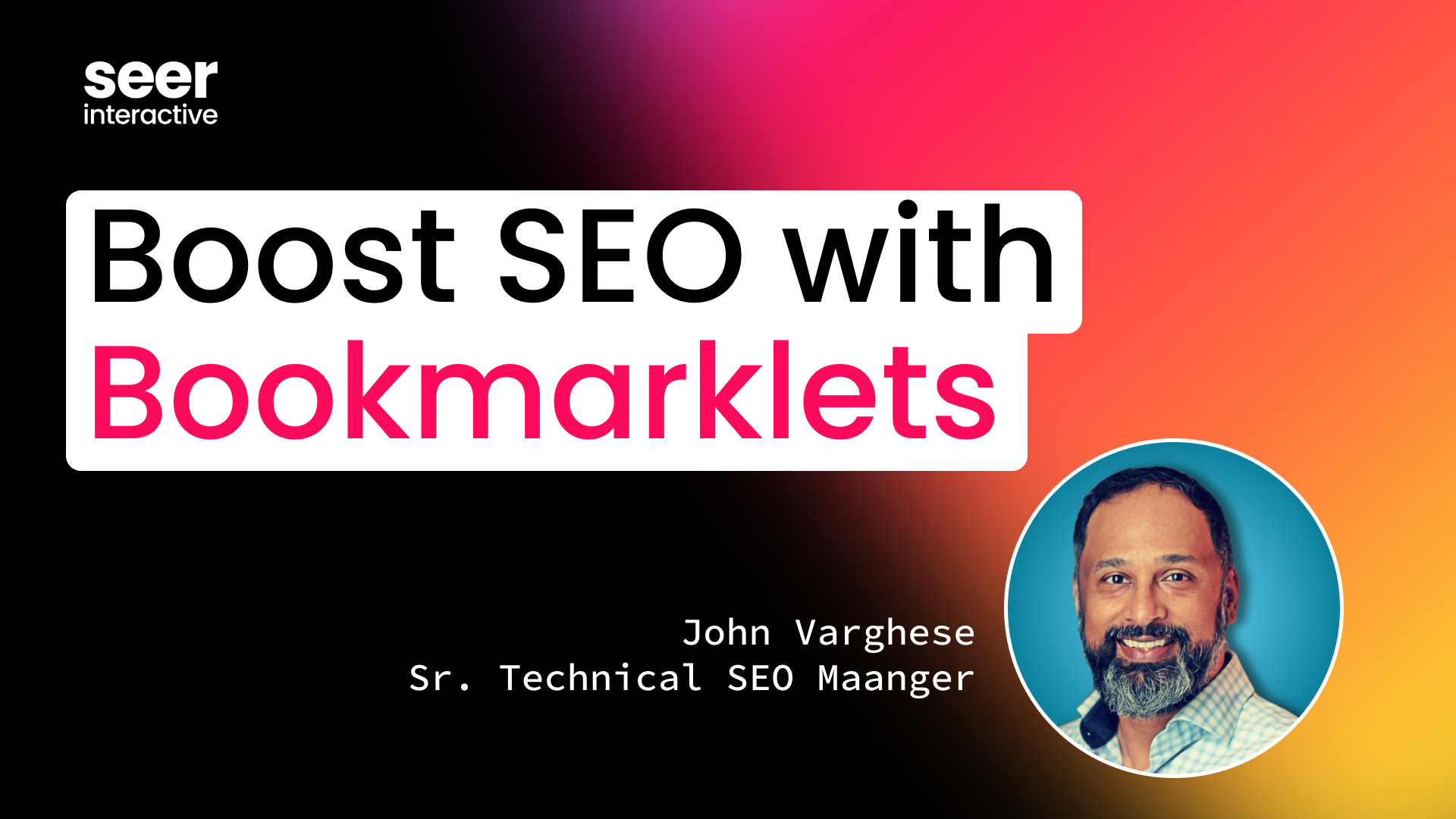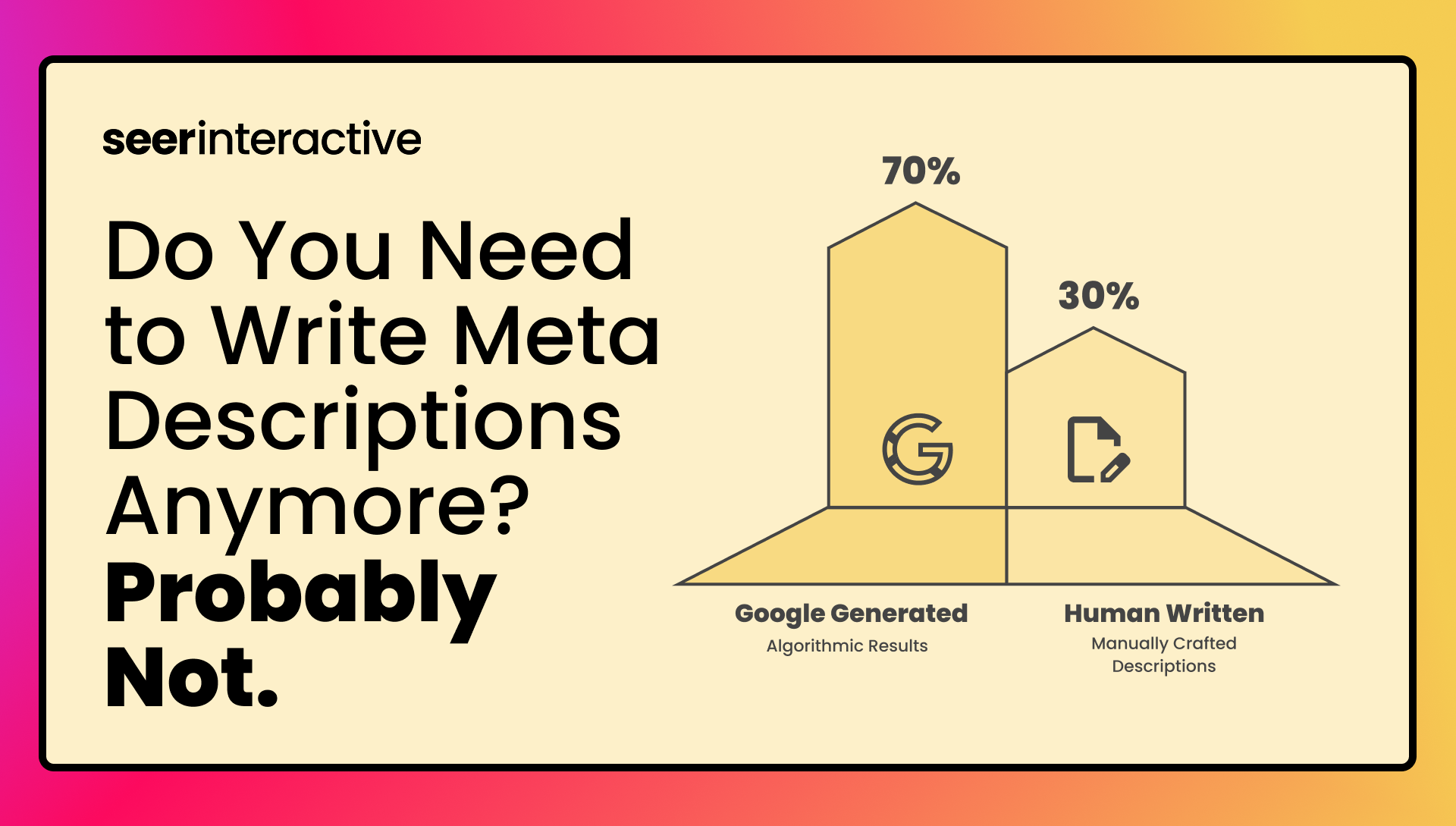There are hundreds of millions of pages on the internet - but none as coveted as search engine results pages. In the world of SEO, visibility in the SERPs is competitive and critical for enhanced visibility.
What are SERPs?
By definition, search engine result pages (SERPs) are web pages that search engines, such as Google, show in response to a user’s search query.
The Anatomy of a SERP
SERPs are primarily made of both paid and organic search results.
Organic Results
Organic search results are web pages that appear as a result of Google’s search algorithm. In other words, these are pages that Google has deemed valuable and relevant to the search query.

Organic listings are not paid results, making page 1 result space highly competitive. To increase chances for page 1 ranking space, it’s important to optimize pages for target keywords to indicate to Google that your page is relevant to a user's search.
Paid Results
Paid results, like the name states, are search results that have been paid to be displayed on SERPs.
Typically, these results appear at the top of the result pages and have an “Ad” label next to them. 
In addition to paid and organic search, there are numerous SERP features to be aware of, including:
Featured Snippets
Featured snippets are an answer box that shows a portion of content from a top-ranking web page. Typically, featured snippets appear at the top of SERPs.

Featured snippets can take on several forms to provide users a direct answer, including:
- Paragraph
- List
- Table
- Video
Oftentimes, featured snippets are a concern because users can get the answer they’re looking for without clicking through to a page. While this is true, featured snippets are often associated with high organic click-through-rates; they also help increase brand awareness.
People Also Ask Results
People Also Ask (PAA) is a type of organic search result that will display a box of questions that other searchers have asked in relation to the original search query.

PAAs are usually located within the middle of the SERPs and include links to other web pages. Besides that, PAAs are a great way to identify new content opportunities for your site.
Knowledge Graphs & Panels
Knowledge Graphs and/or Panels show up on the right-hand side of the SERP. These usually house high level information on the topic you’re searching for - with information coming from sources like Wikipedia.
 Local Packs
Local Packs
Last but not least, we have Local Packs. This SERP feature usually appears when a search query has local intent (i.e. Restaurants in Philadelphia, Grocery stores near me).
In addition to appearing when the search has local intent, Google will also showcase local results for results that “feel” like they need a local result. For example, if you’re looking for a roofer, you’re probably going to look for someone local.

Why are SERPs Important in SEO?
In short, SERPs are important for SEO because the more visible your content is, the more likely it is going to receive more traffic.
How to Get in the SERPs
There are various tactics to improve page ranking on the SERPs. To get your page to rank higher and increase visibility, consider pursuing the following tactics:
- Improve Domain Authority: This comes with time, but improving domain authority is centered around on-page, off-page, and technical SEO optimizations.
- Increase Your Amount of Quality Backlinks: When other websites link to yours, you want to make sure that they are authoritative and produce quality content. Developing an outreach strategy to trustworthy sites can help increase quality backlinks.
- Optimize Pages On-Site for Keyword Targets: Edit existing pages on your site to include target keywords. This will signal to Google that your page is relevant for a user search query. Don’t forget to start with some keyword research.
- Optimize Metadata for Site Pages: Be sure your title tags, meta descriptions, and URLs are concise and unique across all pages. Include target keywords when possible!
Get Optimizing!
Optimizing your site can be a large time investment, but the more time you spend, the more likely it is you’ll rank higher on Google and get more visibility on your site.
Sign up for our newsletter for more posts like this - delivered straight to your inbox!


